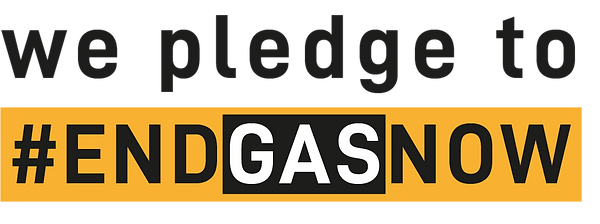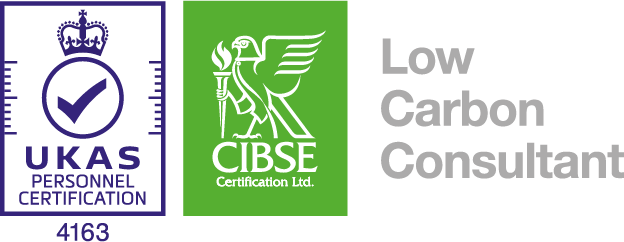As well as our consultancy work, Inkling have extensive academic and research experience and have contributed to a wide range of industry publications
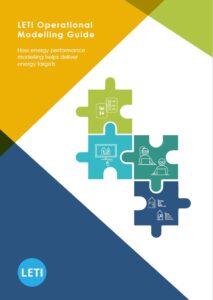 Inkling were lead authors on the LETI Operational energy Modelling Guide #OMG that was published in 2023. The guide is free to download from the LETI website here: https://www.leti.uk/omg
Inkling were lead authors on the LETI Operational energy Modelling Guide #OMG that was published in 2023. The guide is free to download from the LETI website here: https://www.leti.uk/omg
The guide explores how a building’s meter readings can be estimated at design stages, and how this understanding can be used to inform and improve designs and in-use performance – providing more confidence that operational energy targets can be achieved.
We hope this new guidance will encourage more engagement with and by modellers and be a useful resource for all design teams as we work our way (with ever more urgency) towards net zero.
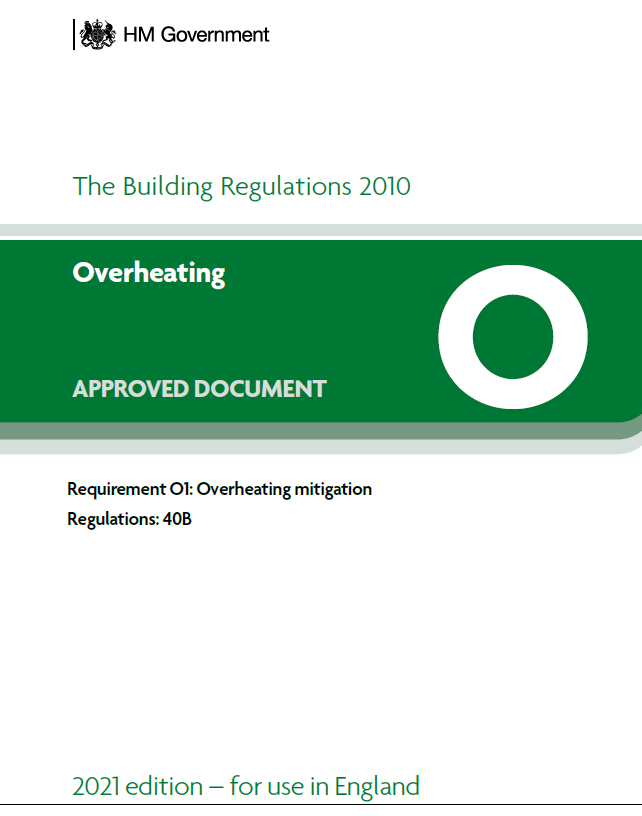 Inkling have been vocal around the introduction on an overheating check for new homes under Building Regulations. Approved Document O came into force in June 2022 and has proved controversial. Inkling responded in detail to the 2021 consultation, and have been at the forefront of responding to its introduction and implications. Susie has written 3 blog posts (so far) on the subject:
Inkling have been vocal around the introduction on an overheating check for new homes under Building Regulations. Approved Document O came into force in June 2022 and has proved controversial. Inkling responded in detail to the 2021 consultation, and have been at the forefront of responding to its introduction and implications. Susie has written 3 blog posts (so far) on the subject:
New Building Regulation: Part O – the Inkling appraisal
Part O – the Inkling appraisal – Part 2
Part O – the Inkling appraisal – Part 3
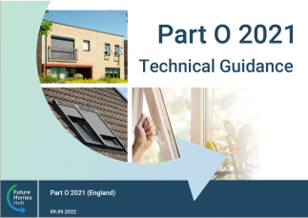 In addition, Susie collaborated with Julie Godefroy again to produce a Technical Guide to Part O for the Future Homes Hub. This guidance is aimed at housebuilders, but will hopefully be useful for anyone trying to get their head around how to achieve and demonstrate compliance. It includes advice on how to approach the overheating check as well as the additional requirements on noise, safety and security, with worked examples and case studies.
In addition, Susie collaborated with Julie Godefroy again to produce a Technical Guide to Part O for the Future Homes Hub. This guidance is aimed at housebuilders, but will hopefully be useful for anyone trying to get their head around how to achieve and demonstrate compliance. It includes advice on how to approach the overheating check as well as the additional requirements on noise, safety and security, with worked examples and case studies.
 Inkling were on the working group delivering the 2022 update to CIBSE TM54: Evaluating operational energy use at the design stage. The original version was published in 2013, and has become the central protocol for evaluating the operational energy performance of buildings at the design stage. The new update stays true to the original philosophy, broadening the advice to more overtly include all building types (not just offices) and embrace more modelling tools/methods including PHPP. It emphasises the significant differences between modelling to demonstrate compliance (Part L) targets and for delivering against performance targets in use. Also worth noting is that this revision moves away from assuming a Part L2 compliance model as a starting point.
Inkling were on the working group delivering the 2022 update to CIBSE TM54: Evaluating operational energy use at the design stage. The original version was published in 2013, and has become the central protocol for evaluating the operational energy performance of buildings at the design stage. The new update stays true to the original philosophy, broadening the advice to more overtly include all building types (not just offices) and embrace more modelling tools/methods including PHPP. It emphasises the significant differences between modelling to demonstrate compliance (Part L) targets and for delivering against performance targets in use. Also worth noting is that this revision moves away from assuming a Part L2 compliance model as a starting point.
The update was prompted by the shift in the industry towards net zero targets (pick your definition), contractual performance targets, advances in modelling and reference to TM54 for predicting operational energy use in the latest Part L2 (2021) within Building Regulations.
See our blog post on this here.
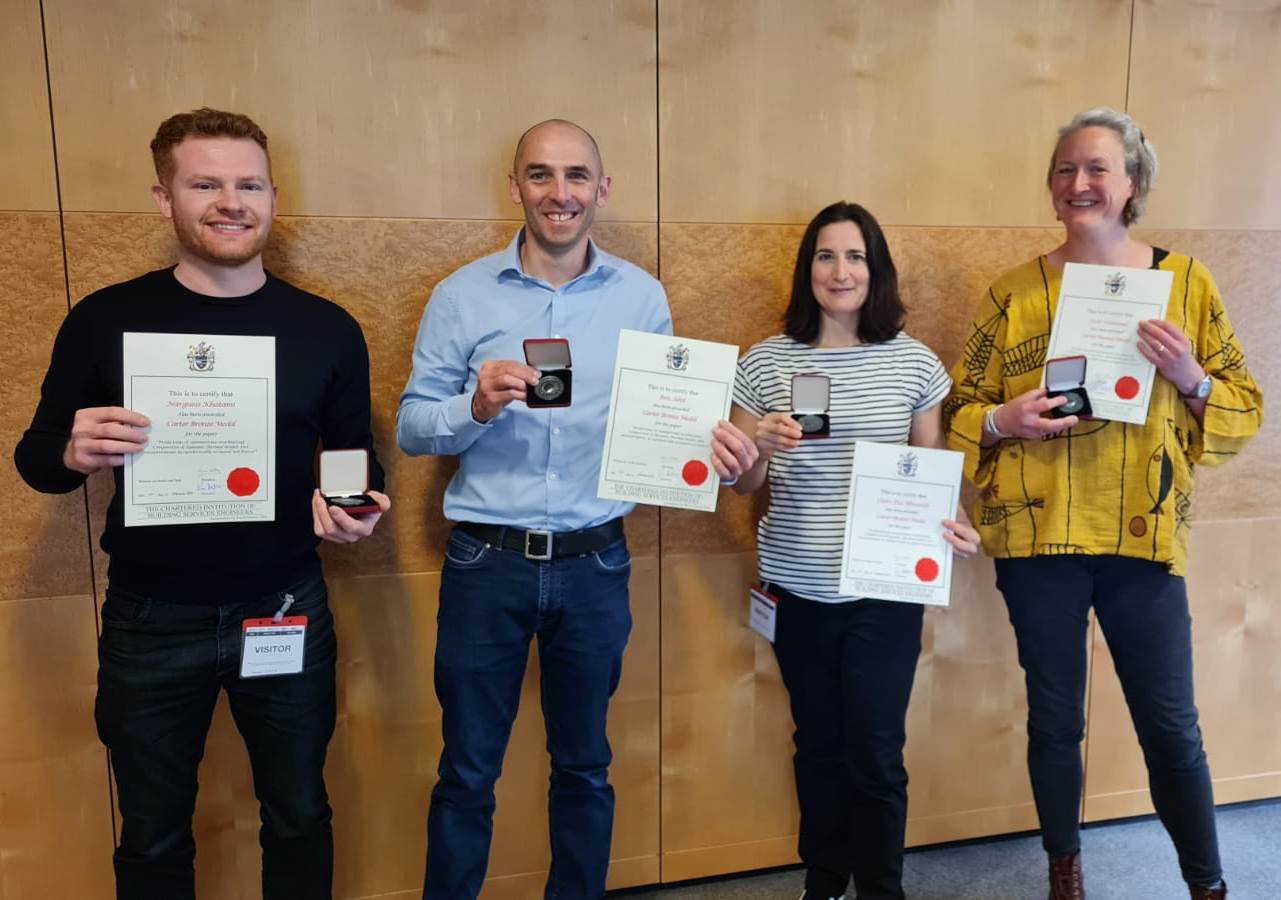 In 2020 Inkling were awarded the prestigious CIBSE Carter Bronze medal for research into summertime overheating prediction in UK homes. Claire and Susie worked alongside partners from Hilson Moran and Loughborough University to produce the joint research paper ‘Predictions of summertime overheating: Comparison of dynamic thermal models and measurements in synthetically occupied test houses’. The research involved the comparison of real-world measurements with results produced using dynamic simulation models incorporating actual meteorological data. The Carter Bronze Award is awarded annually by CIBSE to celebrate top quality research carried out in the building services industry.
In 2020 Inkling were awarded the prestigious CIBSE Carter Bronze medal for research into summertime overheating prediction in UK homes. Claire and Susie worked alongside partners from Hilson Moran and Loughborough University to produce the joint research paper ‘Predictions of summertime overheating: Comparison of dynamic thermal models and measurements in synthetically occupied test houses’. The research involved the comparison of real-world measurements with results produced using dynamic simulation models incorporating actual meteorological data. The Carter Bronze Award is awarded annually by CIBSE to celebrate top quality research carried out in the building services industry.
Inkling were very excited to win the tender to produce a new Good Homes Alliance tool to assess Overheating risk in new homes at the early design stage.
Susie worked closely with Julie Godefroy with support and feedback from an expert steering group, a web-based consultation and stakeholder workshops.
The result was a one page tool comprising 14 questions that enable the assessment of the key overheating risk and mitigation factors for any UK domestic scheme design, and advice on what to do next. The tool and the guidance notes that accompany it (that give more information about each risk/mitigation, how the question should be scored, appropriate mitigations and further references) are both free to download from the GHA website here.
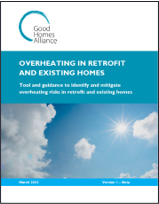 We were delighted to collaborate with Julie Godefroy and the GHA once again in 2022 to produce a version of this tool for retrofit and existing homes homes.
We were delighted to collaborate with Julie Godefroy and the GHA once again in 2022 to produce a version of this tool for retrofit and existing homes homes.
This tool asks a few more questions as there is greater variety in thermal performance, plus it’s more likely that occupancy information is available in existing homes. It also allows for scoring pre- and post-retrofit to give some feedback on the impact of the proposals on the potential overheating risk.
This version was published in 2022 and is also available for free from the GHA website here.
See our blog post on this here.
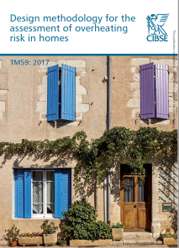 Susie was a lead author of CIBSE TM59: Design methodology for the assessment of overheating risk in homes.
Susie was a lead author of CIBSE TM59: Design methodology for the assessment of overheating risk in homes.
She was part of the team working on this right from the beginning, participating in the early Zero Carbon Hub workshops and collaborating all the way through to publication alongside CIBSE, UCL, Arup and Aecom. Susie and Claire were both influential throughout the testing stage, and are really proud of the end result which was well received, and is now embedded within GLA guidance and Building Regulations.
The full document can be downloaded for free (for CIBSE members) from here.
Claire has supervised two Knowledge Transfer Partnerships with the University of Strathclyde on behalf of arbnco Ltd, an innovative building technology company based in Glasgow. Both projects were partnerships with the Energy Systems Research Unit (ESRU) at the University of Strathclyde and both were rated as Outstanding on completion.
The first project, funded by EPSRC and Scottish Funding Council, focussed on the calibration of energy models. The second project, funded by Innovate UK and Scottish Funding Council, revolved around the provision of e-services for facilities managers.
Inkling co-authored a Zero Carbon Hub publication ‘Assessing Overheating Risk – Evidence Review’, which was launched at EcoBuild 2015.
This document forms part of a wider evidence gathering exercise being conducted by the Zero Carbon Hub for the ‘Tackling Overheating in Homes’ project and provides a summary of relevant evidence and concepts on the theme of assessing overheating risk.
This turned out to be just the start of Inklings long involvement with overheating risk analysis – see other publications on this page.
Susie and Claire are regular members of the Scientific Committee for the CIBSE Technical Symposium, acting as expert peer reviewers, and sometimes submitting papers.
Claire acts as an independent expert for The European Commission under the Horizon Europe Framework Programme for Research and Innovation (previously Horizon 2020) .
Inkling presented research at the CIBSE ASHRAE Technical symposium 2014 in Dublin on ‘A comparison of the CIBSE Guide A and TM52 overheating criteria for a range of building types’ The aim of the research was to investigate how the same building performs with different compliance criteria.
Read more about our Consultancy Services.

 Susie: 07972 263 676
Susie: 07972 263 676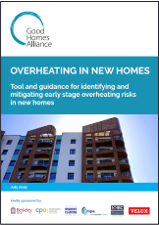
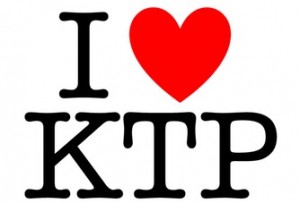
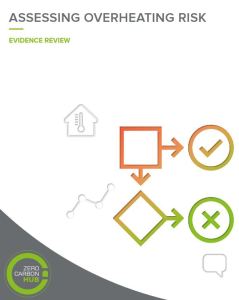

 Join Us On In.com
Join Us On In.com